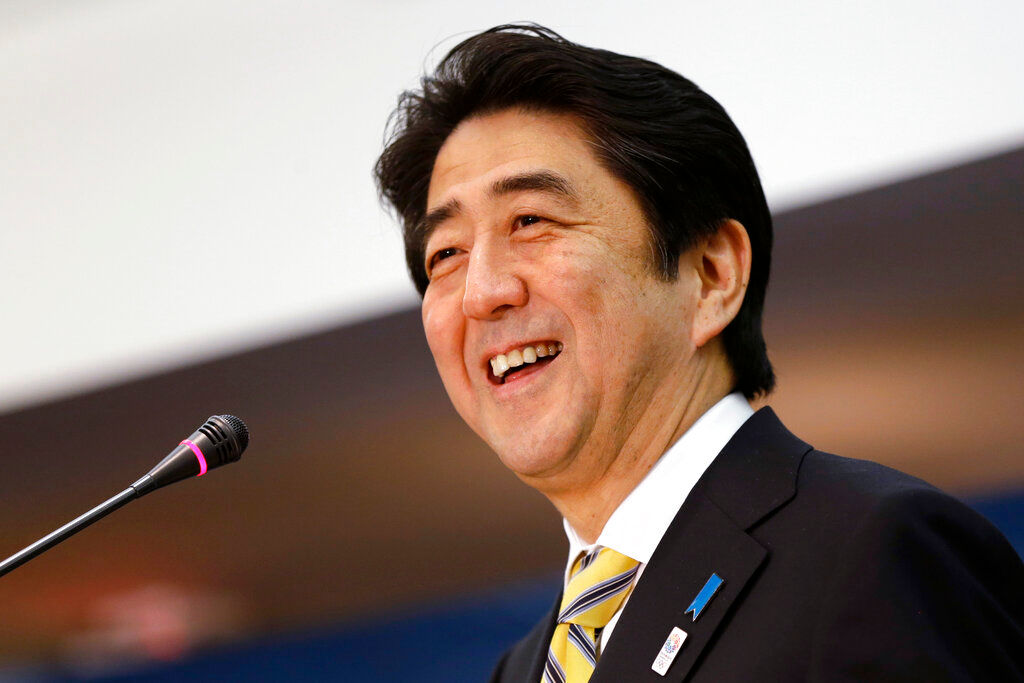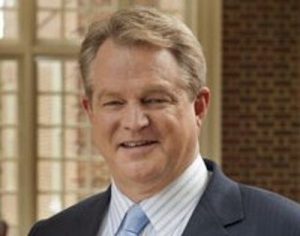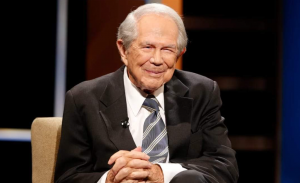Shinzo Abe, Japan’s longest-serving former prime
minister, was shot by a man named Tetsuya Yamagami on July 8. Abe later
succumbed to his injuries. Yamagami, who confessed to shooting Shinzo Abe, said
he killed the leader because of the latter’s apparent association with a
religious group, Japanese law enforcement agencies say.
According to a New York Times report, Yamagami killed
Shinzo Abe because he considered Abe to be a member of the Family Federation
for World Peace and Unification, otherwise known as the Unification Church.
Yamagami’s mother donated over a hundred million yen over the years, since
joining the church in 1998, pushing his family into dire poverty, the NYT
report says.
Yamagami’s mother turned to the Unification Church
after her husband died by suicide.
Shinzo Abe’s proximity to the Unification Church is
not something immensely discussed in Japan’s polity. But Abe did make an
appearance at the Unification Church’s digital ‘Rally of Hope,’ along with
Donald Trump, NYT reported.
The Unification Church is a religious group that
started in South Korea, entered Japan in the 1960s, and has a very
sophisticated money-making organisation, according to religion journalist Eito
Suzuki who spoke to the BBC.
That religion could be behind Shinzo Abe’s killing has
taken the world by surprise. Year after year, Japan features on the list of
least-religious countries and many of its citizens regard themselves as
atheists.
Tetsuya Yamagami, the man who confessed to killing
Shinzo Abe, is said to be a victim of Japan’s “employment ice age”. The
41-year-old struggled to get a full-time job aside from the several years he
spent at Japan’s self-defence force, and hopped around irregular work, BBC
reported.
The murder has also shone a light on Japan’s
unemployment and the violence lurking underneath. Many of Japan’s recent
violent crimes have been committed by unemployed men, according to the BBC
report.
“When those in need try and get help, they are asked
to work harder, and if that doesn’t work, their families are expected to
support them,” according to Hiroto Watanabe of non-profit-organisation Posse,
which focuses on youth poverty and labour issues, who spoke to the BBC.
An earlier version of this story
incorrectly identified the Unification Church as Jehovah’s Witnesses. The name
of Jehovah’s Witnesses has not come up with regard to this incident.







